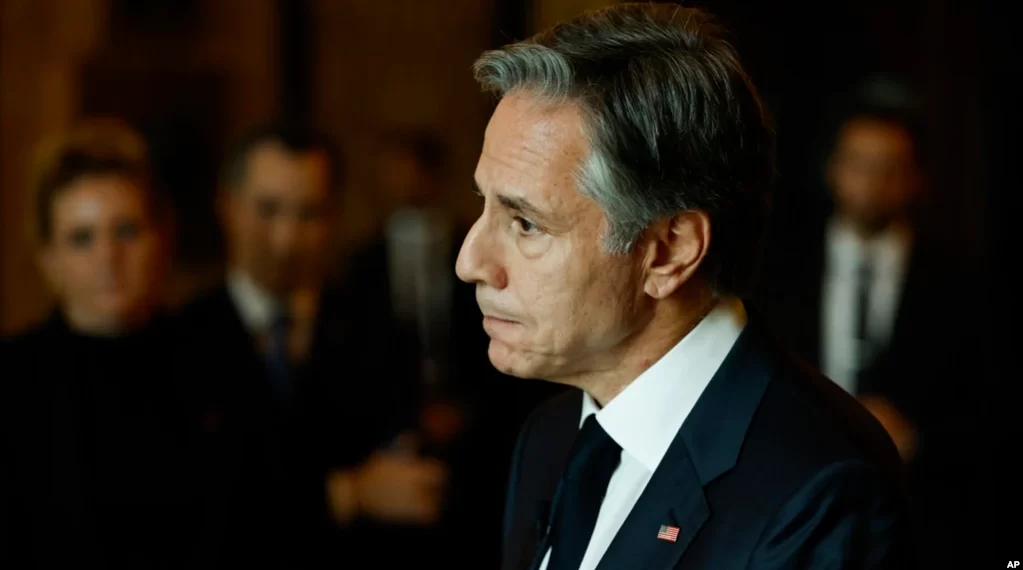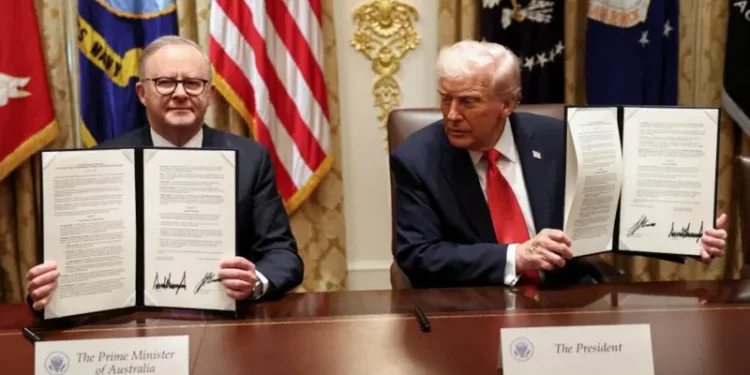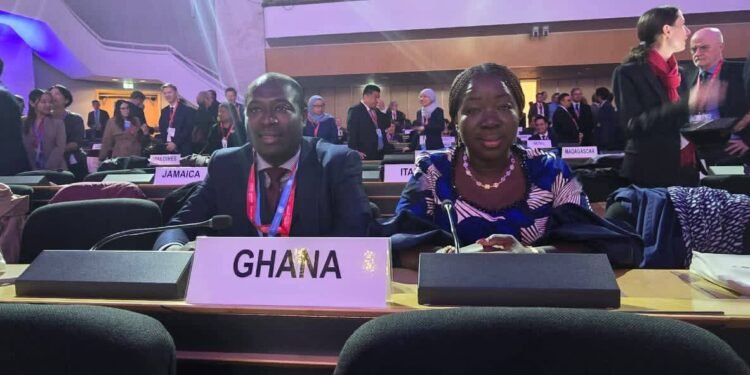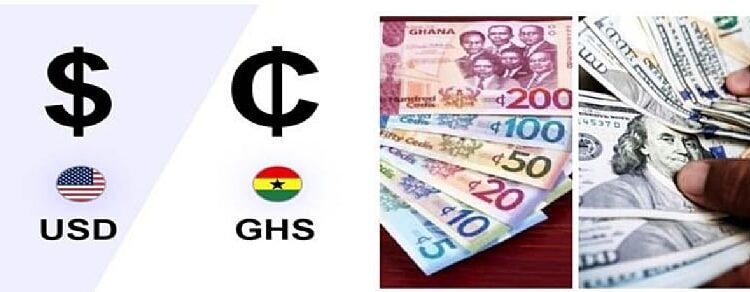Pursuit of a Gaza deal has been made. Yet, amidst this cautious optimism, a critical sticking point remains: the Philadelphi Corridor.
This narrow strip of land along the Gaza-Egypt border could well be the make-or-break element of the deal, and its resolution may very well define the future of peace in the region.
US Secretary of State Antony Blinken announced that 90 percent of the Gaza deal had been agreed but some “critical issues” remain, including the Philadelphi Corridor on the southern edge of the Gaza Strip bordering Egypt, where Israel wants to maintain control.
Blinken said that one of those issues was the future status of the security situation on Gaza’s southern border with Egypt, adding that it was imperative for both Israel and Hamas to say yes to solving the remaining issues.
Israel’s insistence on controlling the Philadelphi Corridor stems from a desire to prevent the smuggling of weapons and goods into Gaza, a concern that has been a persistent issue throughout the region’s troubled history.
Given the region’s volatile security environment, Israel argues that without this control, the security of its southern border would be jeopardized, exacerbating already tense relations.
On the other side of the debate, Hamas views Israeli control over the corridor as an infringement on Gaza’s sovereignty.
Speaking at a news briefing during his trip to Haiti, Blinken noted that there were also some gaps in the agreement in how Israeli captives and Palestinian prisoners are exchanged.
“I expect in the coming days, we will share with Israel, and they [Qatar and Egypt] will share with Hamas our thoughts, the three of us, on exactly how to resolve remaining outstanding questions,” Blinken said, referring to the US and ceasefire mediators Qatar and Egypt.
Meanwhile, US President Joe Biden’s administration and Israeli Prime Minister Benjamin Netanyahu are sharply at odds over prospects of reaching a Gaza ceasefire deal, with Netanyahu throwing cold water on Washington’s upbeat messaging, saying it was “exactly inaccurate” that an agreement is close.
US National Security spokesman John Kirby reiterated on Thursday that only disagreements on “implementing details” of a ceasefire proposal need to be hammered out to reach a deal.
“I’ve heard what the [Israeli] Prime Minister said. I’m not going to get into a back and forth with him in a public setting,” Kirby told reporters.
“We still believe, though this is incredibly difficult … if there’s compromise, if there’s leadership, we can still get there,” he said.
Ofri Bibas Levy, the sister of Yarden Bibas, who was taken captive with his family, told an Israeli radio station that Netanyahu’s stance means that “more abductees will be murdered” in Gaza.
“It’s hard for me to be optimistic, but without our struggle they will not return” she stated.
“When Bibi continues and repeats that they will not give up Philadelphi [Corridor], for me it means that there is no deal and more abductees will be murdered,” she added, referring to Netanyahu.
For five consecutive nights, Israelis have taken to the streets of Tel Aviv and other cities in the hope of sending a message to their government that it must reach a deal on captives held in Gaza.
Poll Shows Nearly Half Of Israelis Favour Ceding Control Of Philadelphi Corridor
Meanwhile a new poll released by an Israeli newspaper suggests that 48 percent of Israelis support relinquishing control of the Philadelphi Corridor in southern Gaza to secure the release of Israeli captives.
Only 37 percent favour maintaining control of the area bordering Egypt, even if it means sacrificing a deal.
The results show significant opposition to the stance of Prime Minister Benjamin Netanyahu, who has repeatedly insisted on keeping Israeli forces stationed at the corridor.
Despite this, Netanyahu remains one of the most popular Israeli leaders, according to the poll conducted by Lazar Research, outperforming all major Prime Ministerial contenders, except Naftali Bennett.
In a head-to-head matchup, the poll suggests that 49 percent of Israelis find Bennett, a former Prime Minister and Head of the New Right party, more suitable for the premiership, compared with 34 percent who prefer Netanyahu.
READ ALSO: NDC Annulls Amenfi Central Parliamentary Primaries, Set Date for Rerun





















